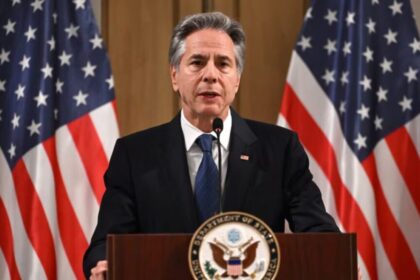RASC News Agency: Tim Burchett, the Republican representative from Tennessee, has revealed that despite the official suspension of foreign aid, more than $40 million per week from American taxpayers continues to flow into Afghanistan, much of it ending up in the hands of the Taliban. In an interview with Breitbart News, Burchett emphasized that while the U.S. government has funneled billions of dollars into Afghanistan under the guise of humanitarian assistance, there remains little transparency regarding how much of this aid is ultimately benefiting the Taliban.
A January 2024 report by the Special Inspector General for Afghanistan Reconstruction (SIGAR) underscores these concerns, confirming that funds continue to be transferred through the United Nations, with the United States remaining the largest financial contributor. The report further warns that the Taliban have devised systematic methods to exploit these resources either through direct taxation or by exerting control over aid organizations operating within the country. Burchett has been at the forefront of efforts to curtail these financial flows. He previously introduced legislation aimed at cutting off all avenues of U.S. funding to the Taliban. While the bill successfully passed the House of Representatives, it was ultimately blocked by the Democrat-controlled Senate. Undeterred, he reintroduced the measure in January 2024 under the title “No Tax Dollars for Terrorists Act.”
The proposed legislation would compel the U.S. State Department to devise a comprehensive strategy to prevent any financial transfers that could be exploited by the Taliban. Burchett has also been an outspoken critic of continued U.S. financial assistance to Ukraine, condemning the Pentagon for its lack of fiscal accountability and its failure to conduct proper audits of its expenditures. The paradox, however, is striking: when former President Donald Trump moved to sever financial ties with major international organizations, those funds were swiftly cut off. Yet, inexplicably, financial support continues to reach the Taliban. This raises an unsettling question: Is the Taliban being preserved as a geopolitical instrument, a tool for controlled instability in the region?
While the ultimate answer remains elusive, one fact is increasingly difficult to ignore: the Taliban’s survival as a formidable entity appears to be entwined with an ongoing and deliberate intelligence operation one that thrives under the pretext of humanitarian aid.






